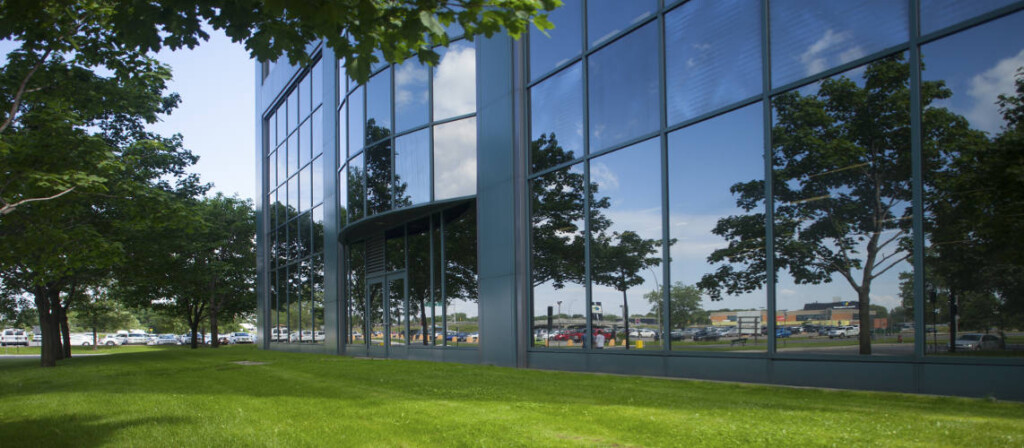Who needs Photoshop? Top Tips for Image Compression

High-quality visuals remain one of the most powerful elements of a successful website. From capturing attention to showcasing products or telling your brand story, images play a key role in connecting with visitors.
However, if your images aren’t properly optimised, they can severely impact the performance of your website, from causing slow-loading pages that result in higher bounce rates, to lower engagement and poorer rankings in search results. Google continues to prioritise page experience and Core Web Vitals, so fast-loading visuals aren’t optional—they’re essential.
How Oversized Images Affect Your Website
One of the biggest culprits behind slow-loading websites is oversized files. Let’s take a common example: you want to feature a stunning photo of the London skyline on your homepage. While the image might be visually striking, if its file size is 183KB or more, it’s likely to slow down the page.
Ideally, images should be kept under 100KB—especially those that load first on the page. Large file sizes frustrate users, and they also negatively affect mobile performance and SEO rankings. The good news is, it’s easier than ever to optimise images effectively without sacrificing quality.
Choose the Right File Type
The right file type ensures your images are displayed clearly and that Google can index them properly. Google can index the following image formats:
- JPEGs
- PNG
- WebP
- SVG
- BMP
- GIFs
For SEO purposes, choose your file type wisely. JPEGs are compatible with nearly all devices, but it uses lossy compression which means some data is lost when you compress these images, making it unsuitable for very detailed shots. PNG is universally compatible and uses lossless compression which keeps the image crisp and clear. However, PNG files are usually larger than JPEG so they can affect load times. WebP is fast becoming the most popular choice, as it retains image quality even when the size is reduced.
Resize Before Compressing
Image size and file size aren’t the same thing – size refers to the width and height of the image, while file size is the storage space it occupies. An image with larger dimensions forces the browser to load the full image, even when it’s bigger than the maximum width the site displays, which slows the page down. So, before compressing, resize the image to match the intended display size.
Tools for Compressing Images
There are plenty of free and effective tools available to help you reduce image file sizes without losing visual quality. Here are some of the best:
Squoosh (by Google) is a browser-based tool that supports modern formats like WebP and AVIF. It provides a real-time preview so you can balance file size and image quality with precision. It’s ideal for quick, high-quality compression.
TinyPNG/TinyJPG remain go-to tools for simple, drag-and-drop online compression. They now support WebP and allow batch uploads. They’re perfect for marketers or content editors who need fast results without any technical setup.
ShortPixel is a great choice for image-heavy sites, offering automated compression, WebP/AVIF conversion, and a built-in CDN. It integrates easily with platforms like WordPress and Shopify, making it ideal for eCommerce or large content sites.
ImageMagick is a powerful for developers who want to automate bulk optimisation via command-line tools or integrate into build processes using frameworks like Next.js or Webpack.
Each tool has its strengths, so it’s worth testing a few to see which gives you the best balance of speed, quality, and workflow fit.
Best Practices for Image Optimisation
No matter which tool you choose, a few key best practices still apply. Implement lazy loading for all non-critical images to help your pages load faster, and use a CDN to serve your images is also recommended for faster global performance. Finally, consider automating image optimisation within your content management or development workflow to save time and ensure consistency.
Optimising your images isn’t just about reducing file sizes—it’s about creating a faster, smoother, and more enjoyable experience for your users. Whether you’re running a small business site or a large-scale eCommerce platform, efficient images contribute to better performance, improved SEO, and higher user satisfaction.
If you’d like more advice on image optimisation, or any other aspect of your SEO strategy, get in touch with us today.

